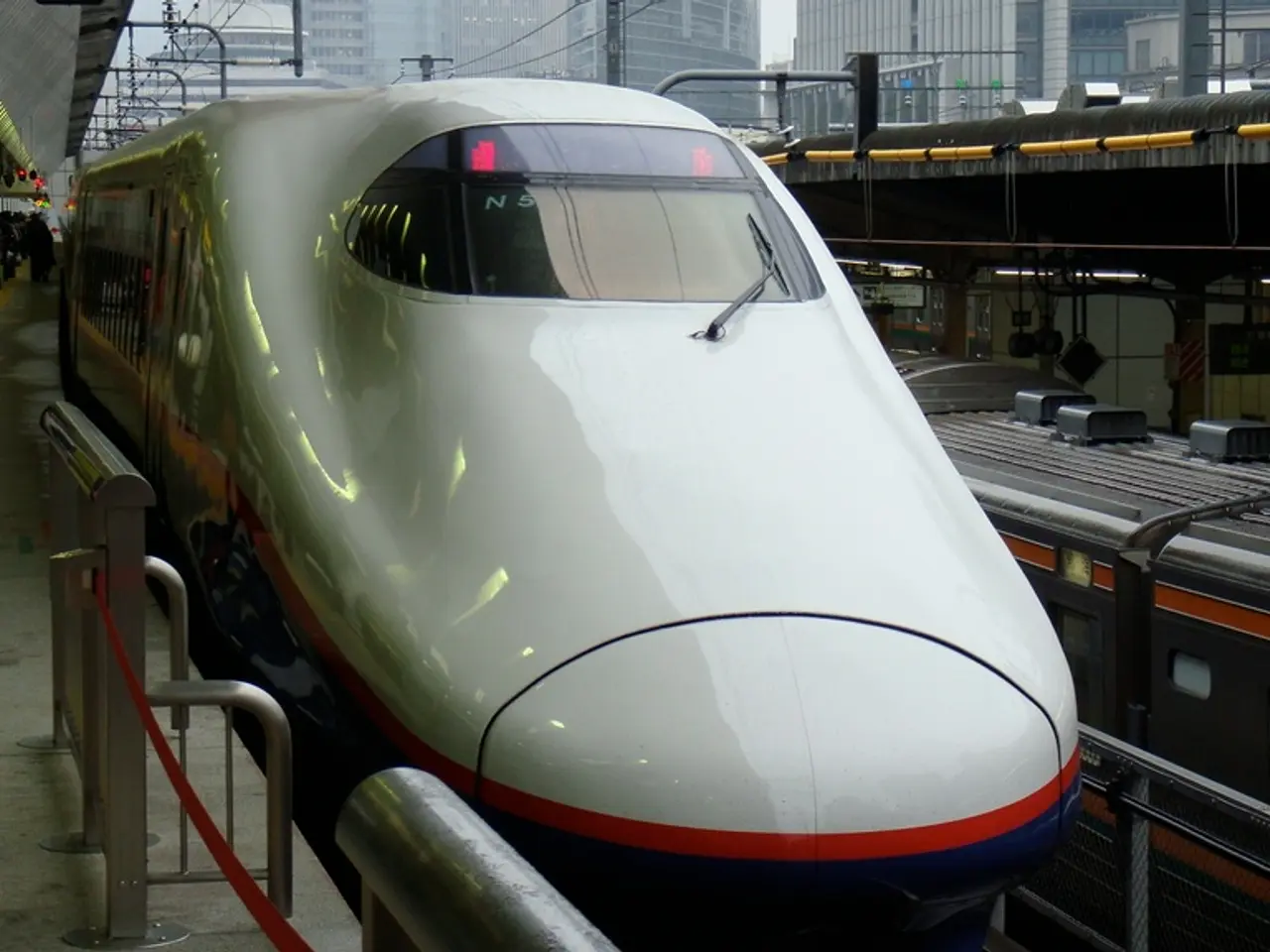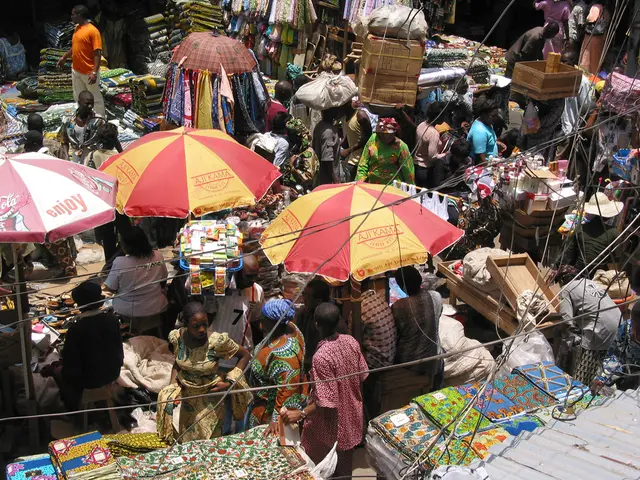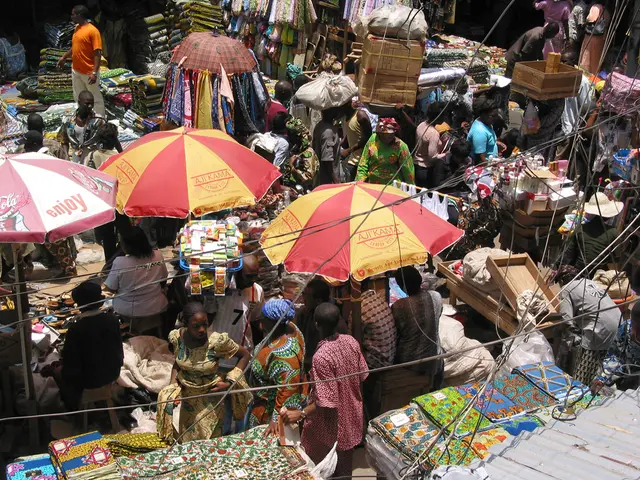New Railway Route Opens Iran to China Trade, Boosting Oil Exports
A significant development in regional trade has occurred with the opening of a new railway route from Iran to Afghanistan and onwards to China. This was announced by Babak Zanjani, a prominent Iranian businessman, with the Taliban's Ministry of Public Affairs confirming the delivery. The route could potentially facilitate the re-export of Iranian petroleum products to China, the world's largest buyer.
The railway route, a first for the region, was used to deliver goods, with the Taliban ministry attributing the feat to a 'private company'. The ministry is now working to expand the railway network, aiming to create further facilitation for traders. However, Eurasia Group analyst Gregory Brew warns that the logistics behind exporting oil to China via rail should not be underestimated.
Historically, Iran has relied on a complex maritime network to supply its oil to small Chinese refineries due to international sanctions. Disrupting oil transport by rail is notably more challenging than interfering with tanker shipments, as per Brew's analysis. The specific details about the entity behind the proposed railway connection remain unclear.
The opening of the railway route from Iran to Afghanistan and onwards to China presents a significant shift in regional trade dynamics. With the potential to facilitate the re-export of Iranian petroleum products to China, the development could have substantial implications for the region's energy sector. The Taliban ministry's commitment to expanding the railway network further underscores the significance of this new trade corridor.
Read also:
- American teenagers taking up farming roles previously filled by immigrants, a concept revisited from 1965's labor market shift.
- Weekly affairs in the German Federal Parliament (Bundestag)
- Landslide claims seven lives, injures six individuals while they work to restore a water channel in the northern region of Pakistan
- Escalating conflict in Sudan has prompted the United Nations to announce a critical gender crisis, highlighting the disproportionate impact of the ongoing violence on women and girls.





